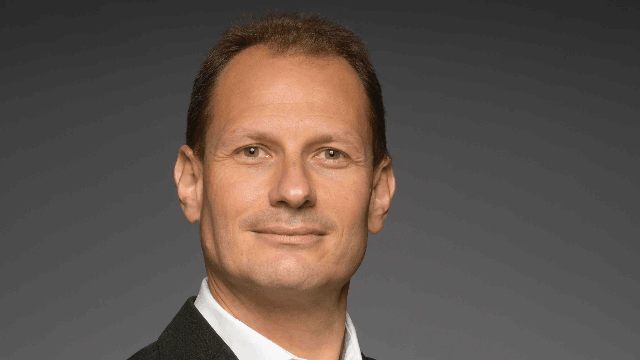Alexandre Agogué (E04): “We Vaccinated 300,000 People in 6 Months”
For the past six months, Alexandre Agogué (E04) has been doing his bit to counter the pandemic by managing one of the Red Cross’ biggest vaccination centres. Here’s his story.
ESSEC Alumni: How did your career lead you to working for the Red Cross?
Alexandre Agogué: In early 2021, I left a major French group specialising in testing, inspection, and certification after ten years, and set out to look for new challenges. Having been a Red Cross volunteer in Hauts-de-Seine for eight years, I found out that they were looking for managers to lead a major vaccination centre in La Défense. I saw it as a fantastic opportunity to bring my philosophy and passions into alignment with my professional expertise in project management, operational management of teams, and operational excellence. It only took me an interview and a few hours to decide to leave Spain, where I was living at the time, to set off on this adventure and offer my support to this major endeavour that serves the public interest in both human and public health terms.
EA: What role did the Red Cross play in managing the Covid-19 pandemic?
A. Agogué: Alongside the government, the French Red Cross played a major role in combating the pandemic and managing its consequences: helplines, airport receptions, isolation centres, patient transport, support for public assistance, handing out food parcels, taking action against isolation via the “Croix-Rouge chez vous (Red Cross at home)” programme... at the height of the pandemic, our volunteers donated more than one million hours of their time. Our work was bolstered by specific recruitments, like the 477 “Mediators” who took part in information services and testing in 51 French departments.
EA: Was the Red Cross also involved in the vaccination campaign?
A. Agogué: Since 22 February 2021, the Red Cross has vaccinated 2 million people in 77 French departments. 18 vaccination centres were opened in Île-De-France alone, including at the Stade De France, which administered 5600 vaccinations every day, and the centre in Hauts-De-Seine, which I was managing.
EA: What is your role at the Red Cross?
A. Agogué: When I started working there in May 2021, my role was to (very quickly) get on board with the teams, understand the challenges, and open a dialogue with key contacts: the prefecture, the regional health agency, first responders, as well as partners like Europ Assistance Generali of the Paris La Défense Arena site, which would be home to the Hauts-de-Seine major vaccination centre just a few days later... This was followed by an operational and logistics phase to set up and launch the centre, before ramping up capacity: coordinating multidisciplinary teams (up to 100 first responders, nurses, reception staff), establishing procedures and performance indicators, training line managers, continuous improvement... all so that we could go from 1000 vaccinations per day to 4000 at the peak in July.
EA: At the end of the summer, the Arena had to return to the world of sports, culture, and live shows, while still serving as a vaccination centre, in particular for booster shots...
A. Agogué: At this point, we organised the centre’s move to Léonard De Vinci University, and we adapted to new needs, by taking vaccinations out into the community. We set up and coordinated three walk-in clinics in shopping centres, and visited schools and facilities for the poorest members of society, including refugees.
EA: The vaccination programme has been the subject of constant debate. What effect has that had for you in the field?
A. Agogué: We often need to inform and reassure the people who come to be vaccinated, always remembering to “smile behind the mask”. Media contact was also more frequent as the government made its announcements: I experienced a live broadcast on TV news for the Prime Minister’s official visit, had a live appearance from the France Info studios at 4 a.m. when we were extending eligibility to teenagers, and even interviews for Chinese and British news outlets.
EA: What is your overall take on the experience?
A. Agogué: After delivering more than 300,000 vaccinations, I am still finding this unique experience highly rewarding. I like to call it a “pop-up human enterprise”. I’ll be looking for fresh challenges in a few months’ time, but who knows? Maybe I’ll cross paths again with this organisation that’s passionate and outstanding in so many ways.
EA: How can our alumni support your work?
A. Agogué: While it’s true that the French Red Cross rose to the challenge by helping reduce the pandemic’s impact on people, and helping to meet needs exacerbated by the crisis, the battle isn’t over yet, whether it’s against Covid or helping those in difficulty more generally. Every one of you can play a role in saving lives and fostering mutual support and sharing, either by making a donation to your local, national, or international branch online, or by volunteering in first aid or social programmes.
Interview by Louis Armengaud Wurmser (E10), Content Manager at ESSEC Alumni
Want more content? Join us now so that we can keep bringing you news about the ESSEC network.

Comments0
Please log in to see or add a comment
Suggested Articles




